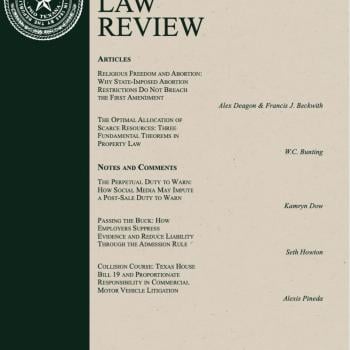The lamb must be devoured quickly that same night, and it must be roasted, not eaten raw or boiled. And it must be eaten with unleavened (unrisen) bread and bitter herbs. Each of these requirements have become symbols of the events of the Exodus story: a roasted lamb for the memory of the great sacrifice of Israel; the unleavened bread as a sign of the haste with which they had to leave Egypt; the bitter herbs as a sign of the bitterness of their slavery. Other foods have been added over the centuries as further symbols of the experience.
All of the lamb must be eaten with none left until morning, and while eating the lamb all must have "loins girded," "sandals on feet," and "staff in hand." And this will be no leisurely meal, but one eaten quickly (Ex. 12:10-11), because this is in fact YHWH's Passover. YHWH is about to strike down the firstborn of Egypt, but wherever YHWH sees the blood, YHWH will "pass over" that house. For YHWH has chosen Israel, the slaves, to be YHWH's people, and they will be protected on this fearful night.
Much later, Passover celebrations too often possessed these characteristics: haste, fear, and death. Jews were hounded out of nearly every country in the world: England, Spain, Germany, France. And when they were not hounded out, they were stigmatized. It became Christian practice in many places to use Passover as an occasion for Jewish humiliation and assault. Too often Jews were forced to celebrate in haste because monstrous so-called Christians were at their doors, axes and hatchets at the ready.
"This will be a day of remembrance for you" (Ex. 12:14), despite the terror that accompanied many Passover celebrations down the centuries. It is to be a "perpetual ordinance," something to be done wherever Jews wish to remember their past and to celebrate their salvation from YHWH.
So what can we Christians learn from this peculiarly intrusive ritual text? Two things: regular ritual is crucial for all who want to remember the foundation narrative of the faith and the ritual must mirror the meaning of the story, enshrining the equality of all participants and the hope of equality for all the world's peoples. Not bad lessons, those, I say.





